
There are some fantasy, science fiction, and horror films that not every fan has caught. Not every film ever made has been seen by the audience that lives for such fare. Some of these deserve another look, because sometimes not every film should remain obscure.
If this sounds familiar, yes: This is the same intro to each column when it ran on REBEAT. It’s a cut-down version from the first review posted, for Crucible of Terror, which serves as the “mission statement” to explain what we do here.
Go on, take a sec to read it…
Alright, now that we’re caught up…
Sometimes, it can get scary when you find yourself coming back around again…
Audrey Rose (1977)
Distributed by: United Artists
Directed by: Robert Wise
Some questions are too big to answer simply. You may never get a satisfactory answer to any of these questions about life and what it means, and what happens when it’s all over.
You’re certainly not going to get a straight answer from this one:
We open cold on a divided highway in the rain, looking out the windshield, as a car on the opposite side rolls down the hill and slams into it head-first. There’s a brief flash of a young girl in the back seat as the struck car rolls over a few times before bursting into flames, the last shot on the license plate with registration stickers showing that the car passed inspection in Pennsylvania in 1965.
Quick cut to the film’s present, where we watch a family enjoying a day in Central Park on their bikes. We tag along as we watch the Templetons, father Bill (John Beck), mother Janice (Marsha Mason) and daughter Ivy (Susan Swift). We watch them as the credits roll doing all kind of fun-with-the-family activities, all the while ignoring some man watching them from not-quite-that-afar.


Janice doesn’t notice him until much later, after the credits end, standing in front of Ivy’s school in the rain. He follows her and Ivy briefly, which spooks Janice. Soon, the strange man doesn’t even try to hide (as if he had tried before), and both of Ivy’s parents become uneasy about the stalker, especially after he manages to give Ivy a present that was smuggled into the apartment.
He soon goes beyond just watching and gifting, sending a clipping of his CV from Who’s Who by means of introduction. We find out he is Dr. Elliot Hoover (Anthony Hopkins), metallurgist and Vice President at a steel company in Pittsburg. Mentioned in passing in the passage is his daughter, Audrey Rose, which Hoover explains to Bill and Janice is the reason he is following them around: He believes that Ivy is the reincarnation of his daughter Audrey Rose, after consulting with a few clairvoyants.
Bill doesn’t take too well to that news:
Hoover, however, persists, believing that his daughter’s soul needs to find peace before it can move on. He makes a strong case for this when Ivy starts having horrible flashbacks, and during one of these her hands start to burn without obvious cause.
When Hoover shows up, though, he manages to calm her down.


He even takes the step of renting an apartment in the same building the Templetons live in, a few floors down, in order to be closer to her. When during one of Ivy’s flashbacks Hoover takes her downstairs without permission, however, Bill calls the cops on him for kidnapping, which leads to a trial.
During the trial, after the reincarnation story gets presented as evidence, we discover that while Bill does not believe any of this, Janice isn’t so sure:
By this point in the film, whatever Janice says, it’s hard not to be on Bill’s team. Even if you accept the whole cosmological concept of reincarnation, there’s still the nagging underlying problem in Hoover’s argument: Is this young lady still his daughter, when she is certainly not his flesh and blood? Does this invalidate the entire “nature vs. nurture” argument by saying it doesn’t matter, because the parents of this child had no impact on who she is?
For that matter, even if you agree with the above, what legal rights as a parent does he have in a case like this? Is Audrey Rose’s soul/spirit/animus still his responsibility, even twelve years after she “died?” Did he lose those rights when he missed the expiration of the seven-year window most states have in place for a person to be declared dead? And is there legal precedent to allow some man to just show up and declare the state of the mother’s relationship with the child-
No, must. Resist. Obvious. Comment.
Putting aside the convoluted legal argument above, the rest of the film is a bit of a mess. Even if we also give it small things, like someone getting an apartment in Manhattan in 1977 that quickly in any building they want (trust me, it wasn’t that easy then), that leaves us with the pacing of the film, with the screenplay deciding that its deliberate unfolding gets chucked aside when the cops arrest Hoover.


Which you would think shouldn’t have happened, as screenwriter Frank de Felitta had been doing scripts for television for more than twenty years before the film was released, and had co-written screenplays for about a decade. As de Felitta wrote the novel (his second) that the film is based on, it would be safe to assume that he could make the adjustments needed to turn page to screen. Yet the screenplay is one of the weakest aspects of the film; it’s a credit to Wise’s direction that he was able to get as much out of what he had as he could.
In terms of making the best of it, most of the cast manages to deliver decent performances with the material they had. The one big, glaring weak spot, though, is Swift. Her Ivy never convinces us that she was actually anyone’s daughter; we don’t get any sense of familial attachment to Beck, Mason, or Hopkins, as she tries to be this cute victim we’re supposed to feel for, just because she’s the center of the film.


The thing of it is, she was the one the producers picked after a long hunt for the perfect actress. She was found in Dallas, after the producers went through a lot of candidates in Los Angeles and New York.
During the search in New York, one of the youngsters the producers saw was Brooke Shields, who as it so happened was the model whose head and face were used in the artwork for the cover of the novel.
So yes, Brooke Shields was not the title character, despite being Audrey Rose in the past…







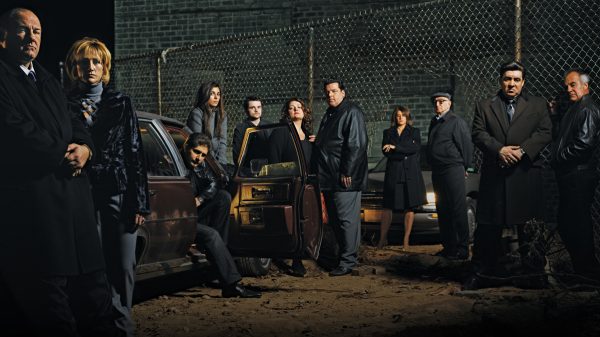
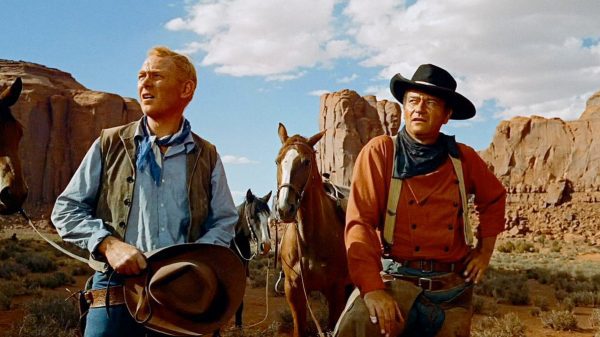


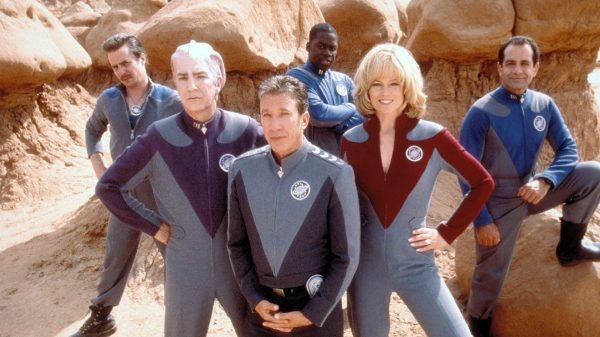
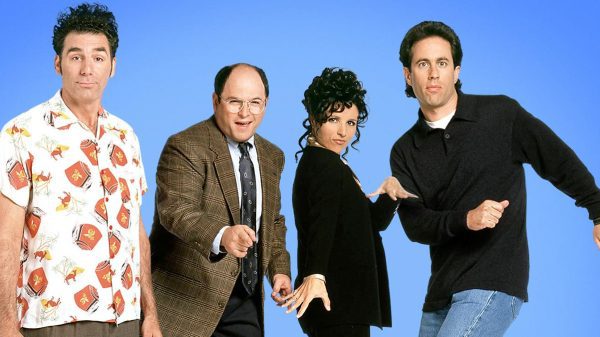


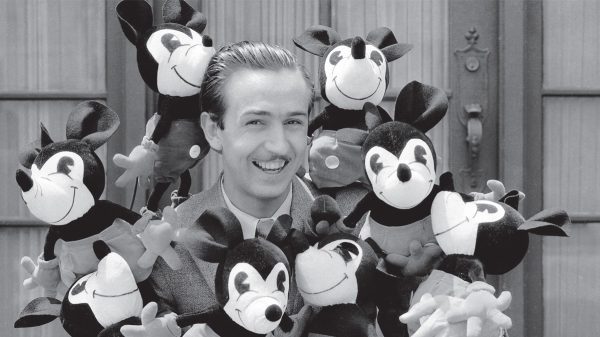


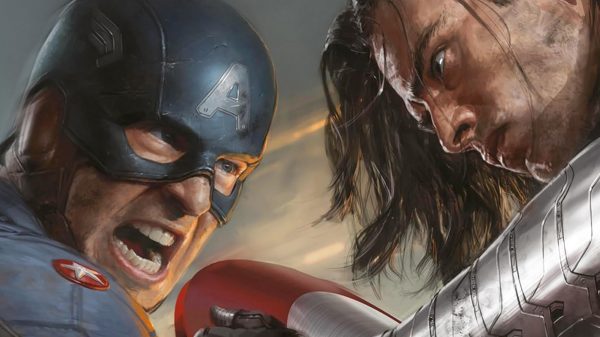




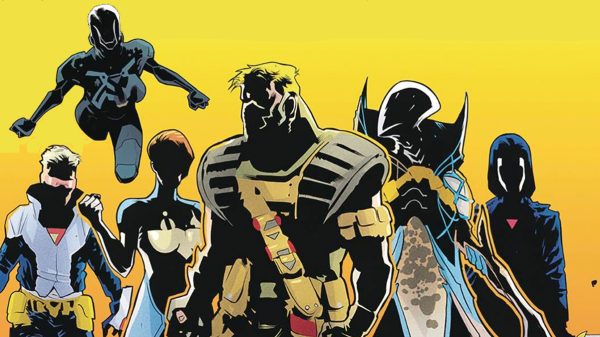
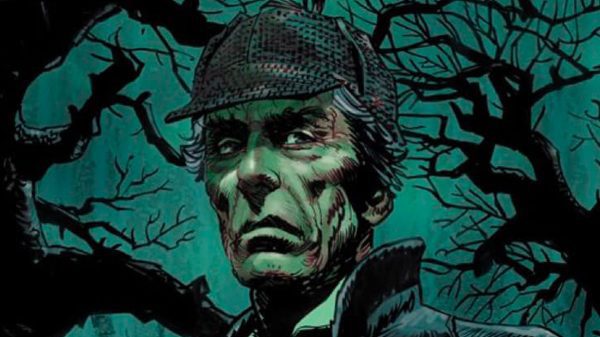
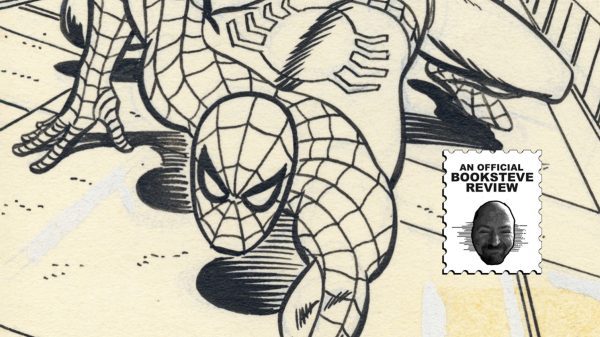
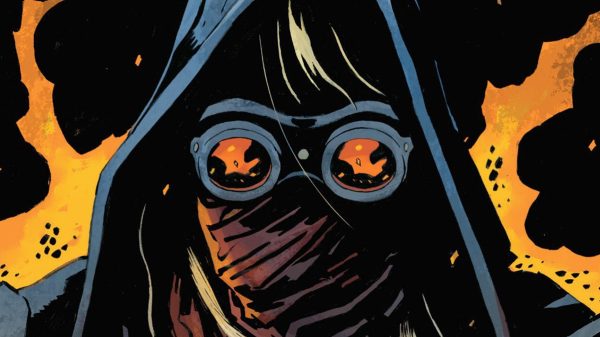





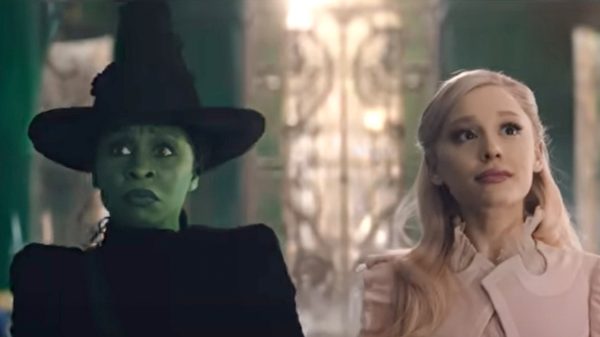
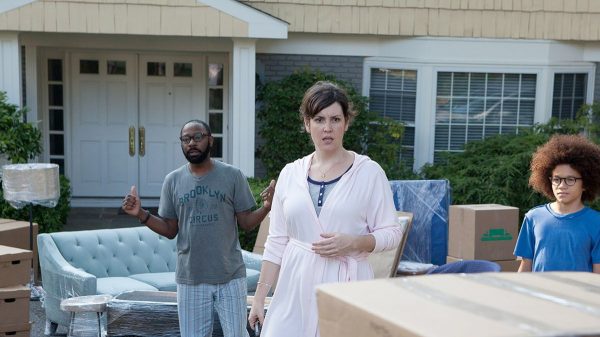
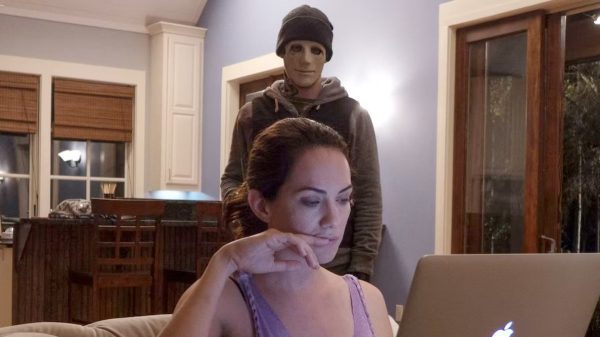












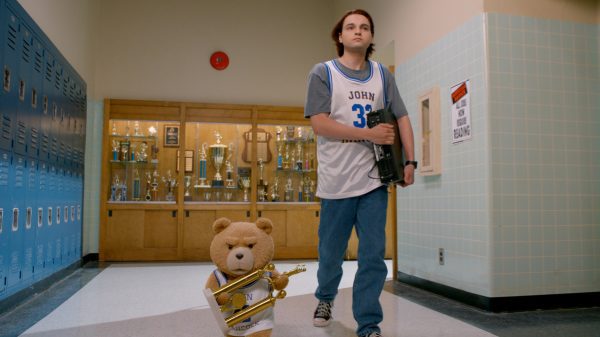
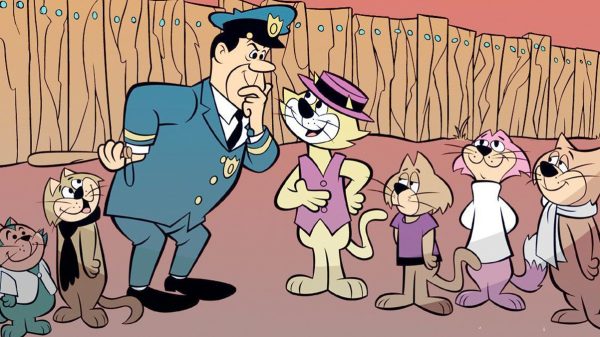
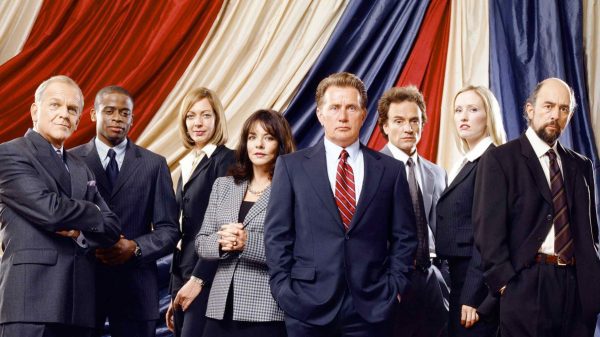
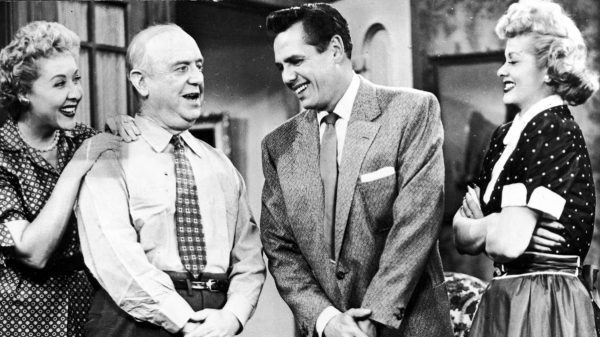




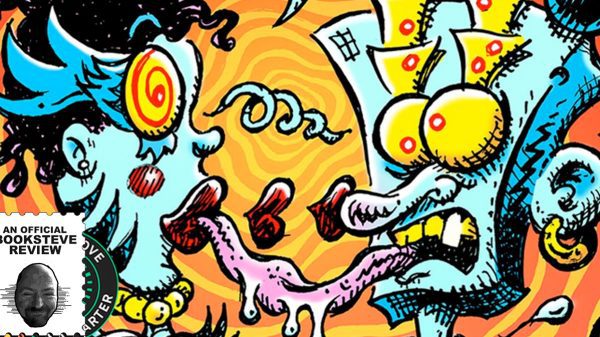


































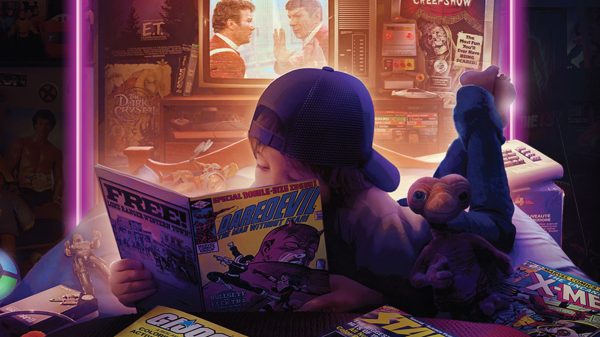
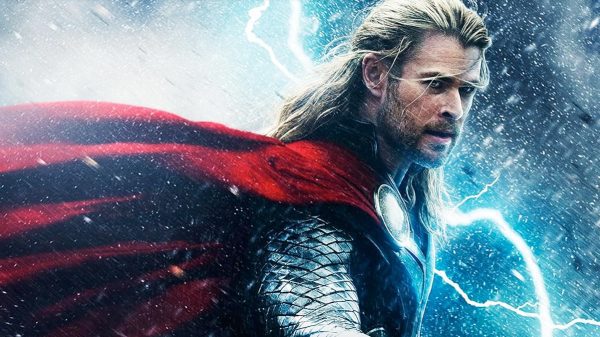









You must be logged in to post a comment Login